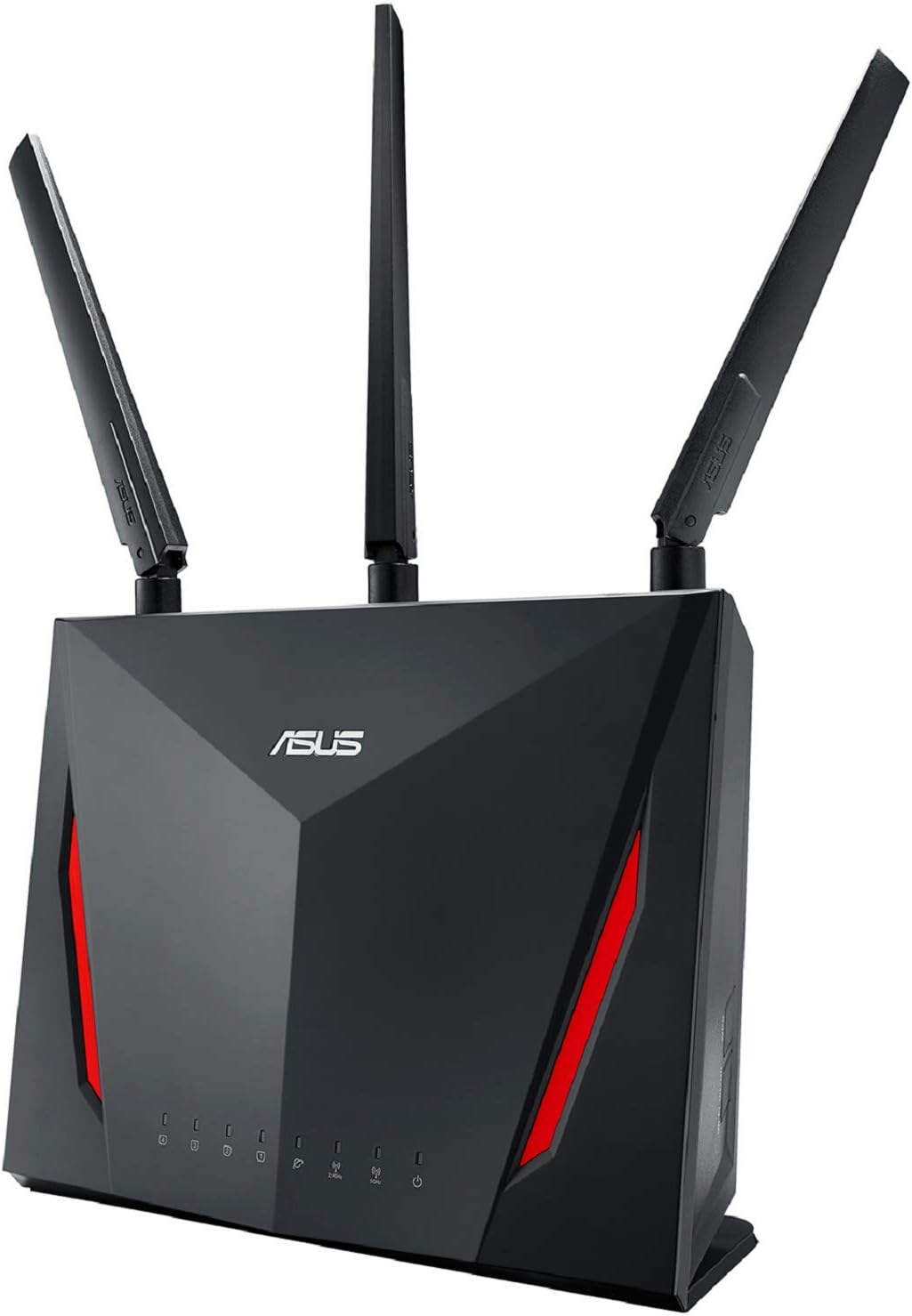Industrial Hardware
Industrial hardware, in the context of industrial scientific applications, refers to the specialized equipment and components used in various industries for scientific research, manufacturing, and process control.These hardware components are designed to withstand harsh industrial environments and are essential for data collection, experimentation, quality control, and automation. Here are some key aspects of industrial hardware:
Sensors and Instrumentation:
- Industrial sensors are devices that measure physical properties like temperature, pressure, humidity, flow rates, and more.
- Instrumentation includes tools for measuring, monitoring, and controlling industrial processes, such as oscilloscopes, data loggers, and signal analyzers.
Control Systems:
- Industrial control systems (ICS) are used to manage and automate industrial processes. They include programmable logic controllers (PLCs), distributed control systems (DCS), and supervisory control and data acquisition (SCADA) systems.
Robotics and Automation:
- Industrial robots are used for tasks such as welding, painting, material handling, and assembly in manufacturing plants.
- Automation hardware includes actuators, motors, and motion control systems to enable precise and efficient control of machinery.
Communication and Networking:
- Industrial communication protocols like Modbus, Profibus, and EtherNet/IP facilitate data exchange between devices in industrial settings.
- Networking hardware includes switches, routers, and industrial-grade Ethernet cables.
Process Control:
- Industrial process controllers regulate variables like temperature and pressure to maintain optimal operating conditions.
- Devices like PID controllers are used for precise control and automation of processes.
Analytical Instruments:
- Instruments like spectrometers, chromatographs, and mass spectrometers are used for chemical analysis and quality control in industrial laboratories.
Measurement and Calibration:
- Precision measurement equipment ensures that industrial processes meet required standards and specifications.
- Calibration tools are used to verify and adjust the accuracy of measurement devices.
Safety Equipment:
- Industrial safety hardware includes personal protective equipment (PPE), safety interlock systems, and gas detection devices to ensure worker safety in hazardous environments.
Industrial Computers:
- Industrial-grade computers are ruggedized and designed for use in harsh environments where standard PCs may not be suitable.
Power Supplies:
- Industrial power supplies provide stable and reliable power to industrial equipment, ensuring uninterrupted operation.
Materials and Components:
- Industrial-grade materials and components are used to build durable and reliable machinery and equipment capable of withstanding harsh conditions.
Industrial hardware plays a crucial role in a wide range of industries, including manufacturing, petrochemicals, pharmaceuticals, automotive, aerospace, and more. These components and systems enable efficient, accurate, and safe industrial operations, contributing to the advancement of industrial science and technology.


